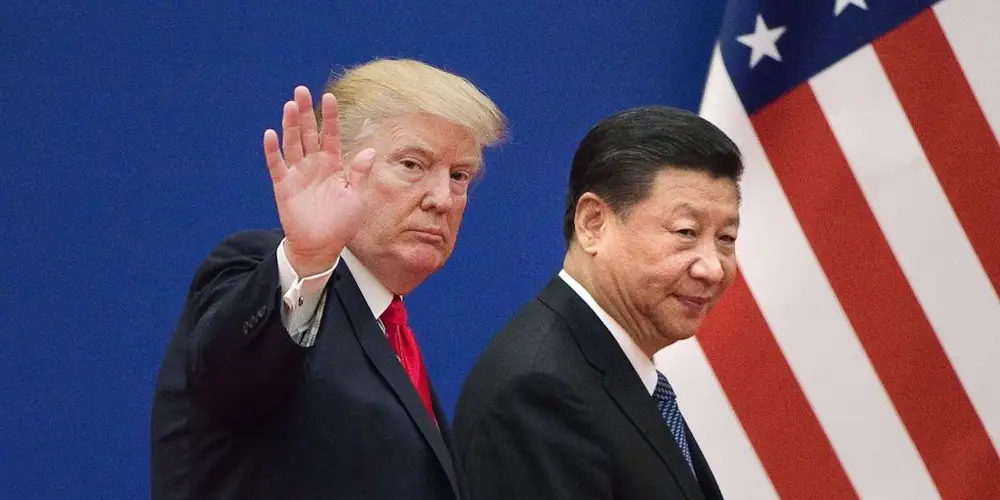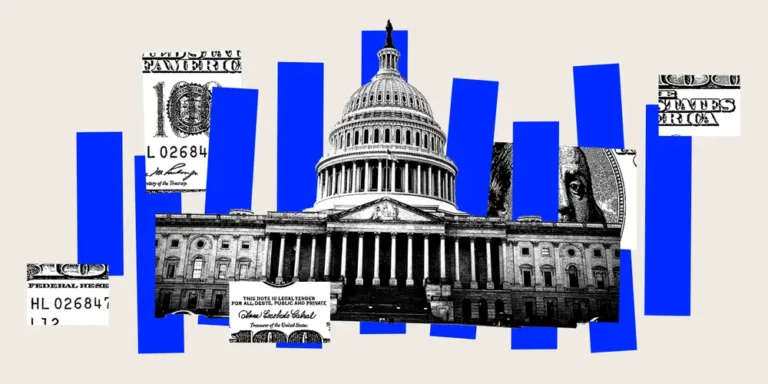Trump’s China tariffs would cut into US defense production, Beijing advisor says

US President Donald Trump (L) and China’s President Xi Jinping leave a business leaders event at the Great Hall of the People in Beijing on November 9, 2017.
The US defense sector will face big repercussions if Donald Trump launches tariffs against China, an advisor tied to Beijing’s government said.
Ding Yifan, a senior fellow at the State Council’s Development Research Center, told international media that Trump’s protectionist policies would prevent US defense manufacturers from accessing needed supplies.
“If those military enterprises do not have supply from China, they will not be able to continue with their production,” he said, as cited by the Financial Times. These “severe consequences” would extend to other American sectors dependent on cheap Chinese parts.
Ding’s commentary is among the most explicit pushback from China since Trump’s election win. Though details remain scarce, the president-elect has pledged a 60% tariff rate on imports from the world’s second-biggest economy.
Trump has argued that these policies will fix trade imbalances while directing investment in domestic businesses. His administration has also suggested that high tariffs boost the country’s negotiating power.
But Ding reframed the idea as costly for the US, citing that a large part of American business relies on intermediate goods from China.
“Downstream American companies will not be able to find substitute products in a very short period of time if Chinese companies are not able to provide them with the products,” he warned.
Meanwhile, the defense sector’s dependence on Chinese producers is not minimal. In September, RTX CEO Greg Hayes said that the aerospace giant was looking for alternatives to replace roughly 2,000 Chinese suppliers it relied on.
To be sure, it remains to be seen how Trump’s tariff ideas actually pan out.
According to a Monday note from JPMorgan, the incoming administration may prefer to implement lower rates on goods where China is the dominant supplier. If tariff rates are differentiated this way, the bank expects a modest impact on US GDP.
So far, the defense sector appears distracted by other developments tied to Trump’s presidency.
As concern has grown that Trump’s cost cutting Department of Government Efficiency could weigh on the sector, the S&P Aerospace and Defense ETF is down about about 4% since last Monday.






